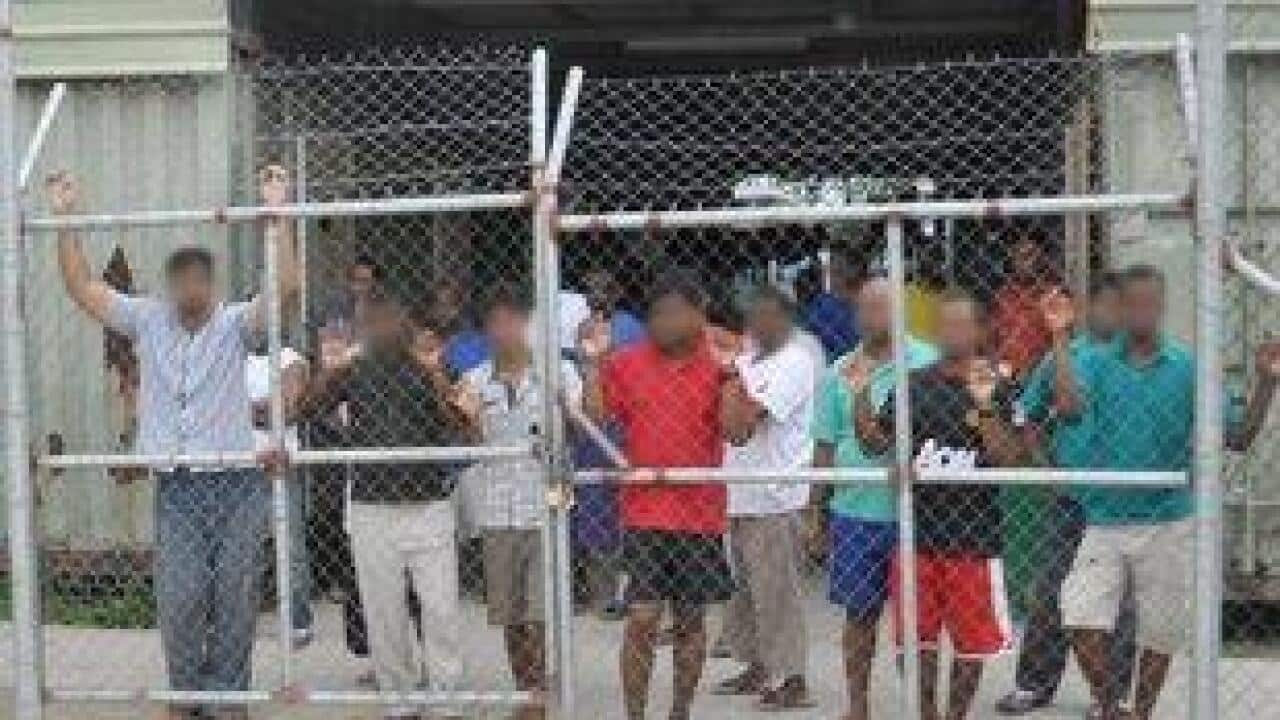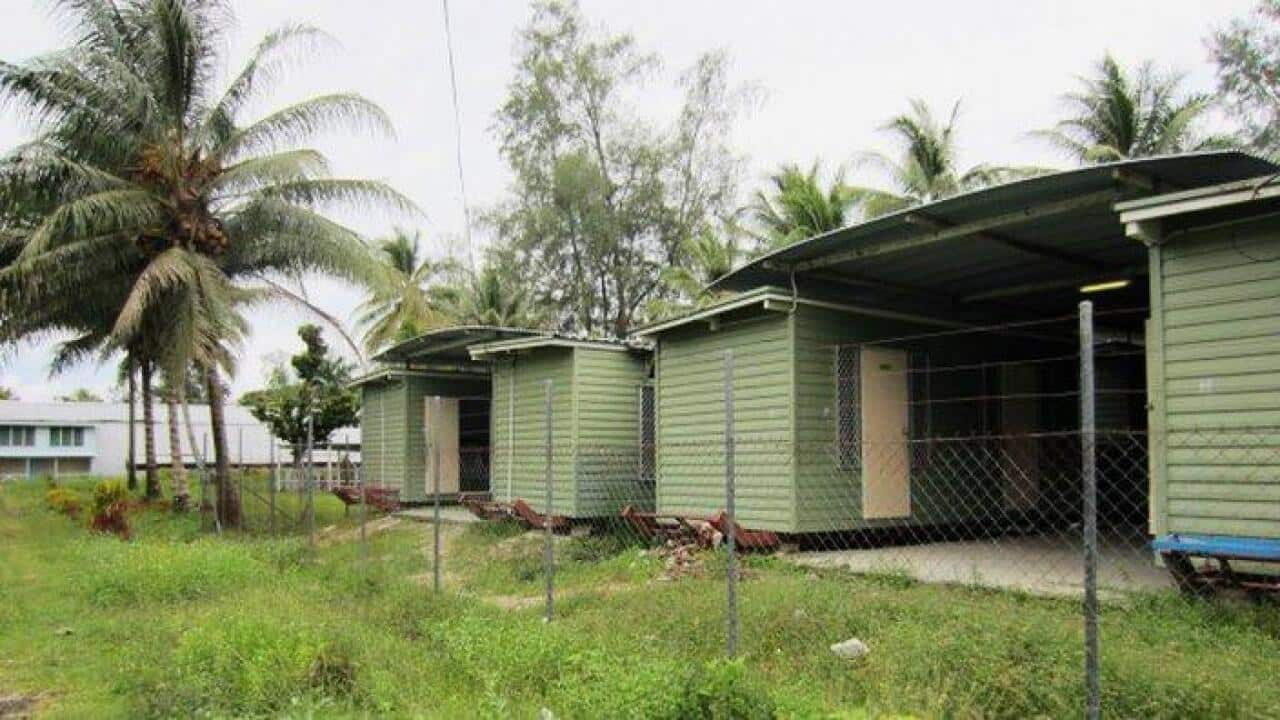The Manus Island Regional Processing Centre – one of the two key sites of Australia’s offshore immigration detention regime – . A date is not set, nor any arrangement confirmed for resettling the there.
In April 2016, the Papua New Guinea Supreme Court found the detention arrangement on Manus Island . PNG Prime Minister Peter O'Neill immediately for the detainees, implying for what happens to them.
It has taken more than three months for the two governments to jointly announce the centre will close. But the detainees’ fate is now even more uncertain.
Where will the detainees go?
Australia’s immigration minister, Peter Dutton, “no-one” detained on Manus Island “will ever be settled in Australia”. Instead, the Australian government says the detainees must either resettle in PNG or return to their countries of origin.
Australia’s continued insistence that it will never resettle asylum seekers arriving by boat ignores practical realities. PNG is for refugees. Australia has not made . The “Cambodia solution” has been a : that impoverished country has been unable to provide social protections for refugees.
Of those whose claims have been processed – about half of those detained on Manus – . The others await under the .
Australia’s argument that refugees and asylum seekers can go back to their country of origin risks their return to persecution. The – the return of refugees to the site of persecution – is the fundamental principle of international refugee law.
What does human rights law demand?
Asylum seekers arriving by boat are often characterised as “queue-jumpers”, trying to enter through “”. It bears repetition that, in fleeing persecution in their home countries, refugees are asserting their .
International law does not give asylum seekers or refugees standing to hold countries accountable for human rights violations. Australia exploits this impunity to maintain practices that violate international law.
Yet despite their incapacity to bring claims against Australia, asylum seekers detained offshore are entitled to a range of universal rights and freedoms. These include:
- freedom from torture and inhuman or degrading treatment;
- freedom from punitive detention;
- judicial oversight of their detention;
- freedom from forced deportation;
- access to quality health care, education and work; and
- special protection for the rights of children and families.
Australia has demonstrated its willingness to of its violation of these rights.
A reorientation in asylum seeker policy?
Only hours before the Manus centre closure was announced, protesters interrupted Prime Minister Malcolm Turnbull’s speech to CEDA. : "For God’s sake, Malcolm, close the fucking camps.
Pressure on the government is building from all quarters. Risking prosecution under , 103 current and former Manus Island and Nauru staff have publicly demanded closure of the centres. They argue the evidence is clear: Australia’s practice is those subject to it.
Following the leaking of the this month, the UN High Commissioner for Refugees (UNHCR) the removal of all detainees to humane conditions. argue the only humane option is to close the centres and process asylum claims in Australia.
Critics have between political responses to the in Northern Territory youth detention facilities – which immediately triggered a – and the detailing abuse, assault, self-harm and inadequate living standards suffered by detainees on Nauru.
Key NGOs argue the must to Nauru.
Is it possible that the announcement of the Manus centre’s closure indicates government acceptance that the offshore detention system is – as refugee – ?
Is the government searching for an alternative to offshore detention as public outrage grows? If so, it seems certain it will never admit as much. Pressure on the government for a change in its asylum policy is building from all quarters. AAP/Eoin Blackwell
Pressure on the government for a change in its asylum policy is building from all quarters. AAP/Eoin Blackwell

What the Manus closure should mean for Nauru
It is essential that Australia comes to acknowledge the harms it has inflicted on thousands of vulnerable people who have committed no crime. In the short term, though, the most urgent priority must be the proper processing and appropriate resettlement of those still detained on Manus Island and Nauru.
The Manus closure was perhaps inevitable once the Supreme Court found PNG lacked authority to detain asylum seekers transferred there by Australia. No such judgment has been forthcoming in Nauru, but evidence reveals the suffering of people detained there under Australia’s authority.
It will be impossible for Australia to maintain its hardline approach to refugees indefinitely while representing itself as a responsible .
The first step in a reorientation of asylum policy must be the abandonment of offshore processing. Until this occurs, Australia cannot take responsibility for a process that it has shaped, or its consequences.
The major parties are on refugee policy, although . They are locked into practices that assume, despite a lack of evidence, offshore processing of some asylum seekers others from attempting the journey.
The government also refuses to acknowledge that onshore processing of asylum claims is not a guaranteed path to permanent settlement in Australia. have been . These ought to be negotiated among regional partners with the support of the UNHCR.
Mandatory offshore detention is not the only way to manage refugee flows. And it is clearly not the or response.
The announcement that the Manus centre will close provides an opportunity for Australia to assess alternatives. Political leaders could choose to open a new public dialogue to bring about reform. Whether they have the will to pursue such a process or not, they have the power to bring Australian law and practice into line with our international legal obligations.












